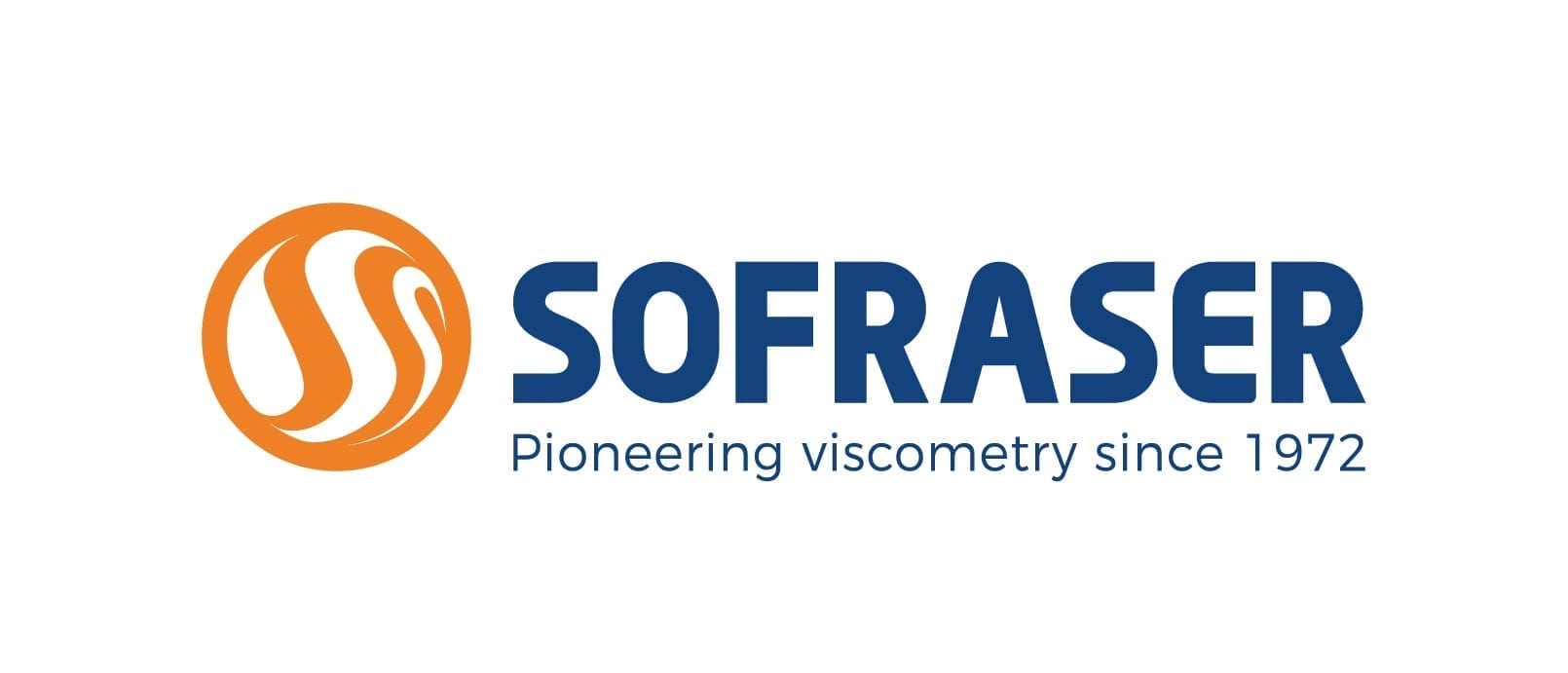Batch monitoring of phenolic resin manufacture

Application of resin viscosity measurement in polymerization
Measuring resin viscosity is an indirect way of measuring the molecular weight of polymers. Phenolic resins have exothermic reactions. They are very sensitive to temperature, and their viscosity value requires continuous observation. If the reaction occurs too quickly, the result is poor polymer quality and possible curing. This causes enormous losses of raw materials and very long downtimes requiring complicated maintenance, additional labor costs and delivery delays. Sometimes even the entire plant has to be replaced at exorbitant cost.
Critical points related to viscosity in a batch polymerization process are:
- control of raw materials
- detection of the start of the reaction
- control of the polymerization rate
- measurement of molecular weight
- characterization of chain length
- detection of the end point of reaction
- control of polymer dilution
- measurement of concentration
- control of final product quality.
The very good sensitivity of MIVI in low viscosities, associated with a high full scale range of the sensor, make it the ideal instrument to control the viscosity of phenolic resin polymerization processes.
The installation of a MIVI sensor on a phenolic resin reactor in a batch plant offered greater safety in production thanks to alarms, and avoided any curing problem. Since then, this plant has not encountered any more problems with the mass setting of the installation. The savings realized after the installation of the MIVI process viscometer in the batch phenolic resin polymerization unit are estimated with a return on investment of about one year.


